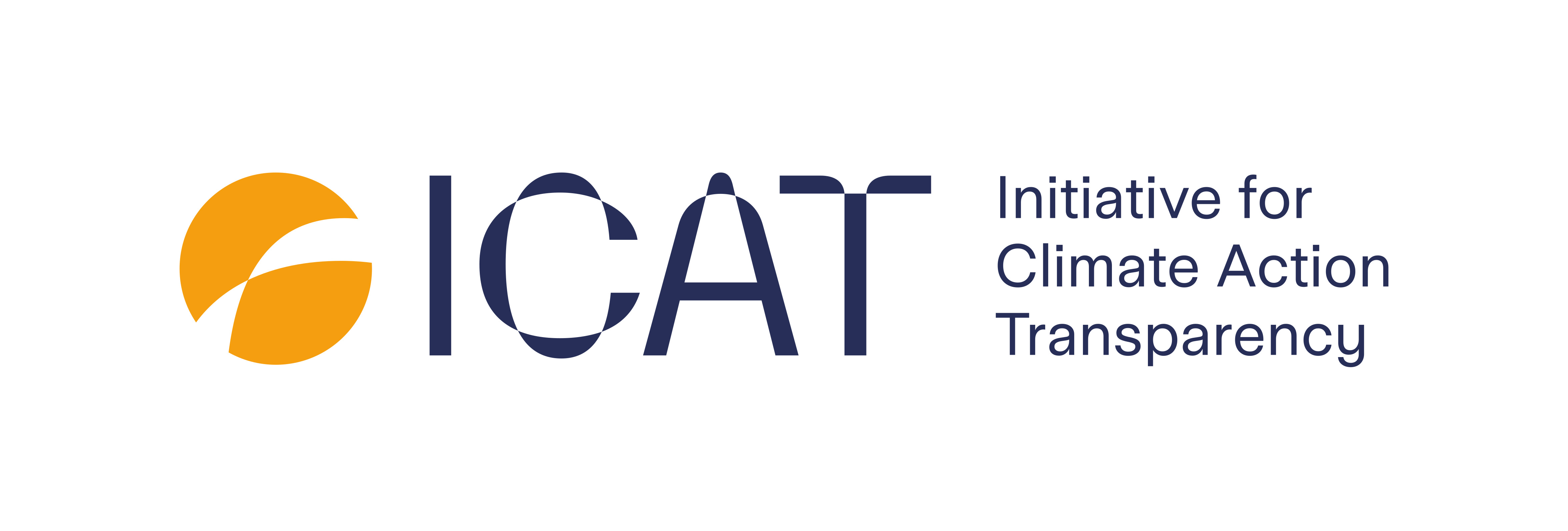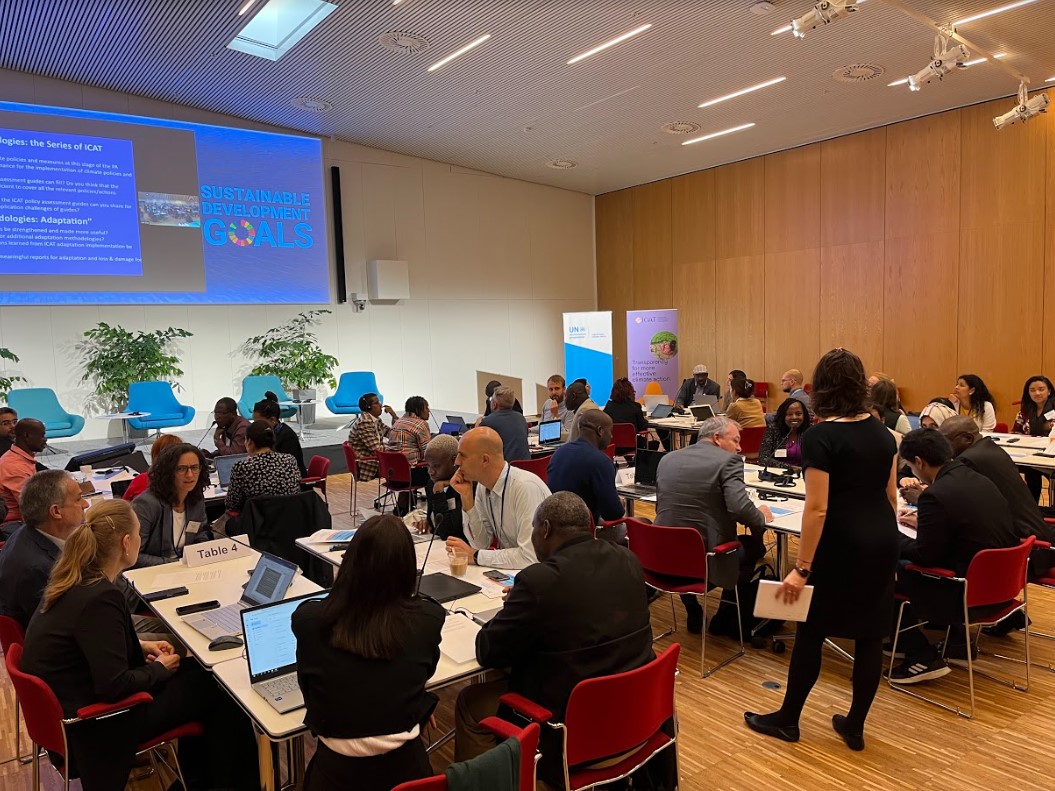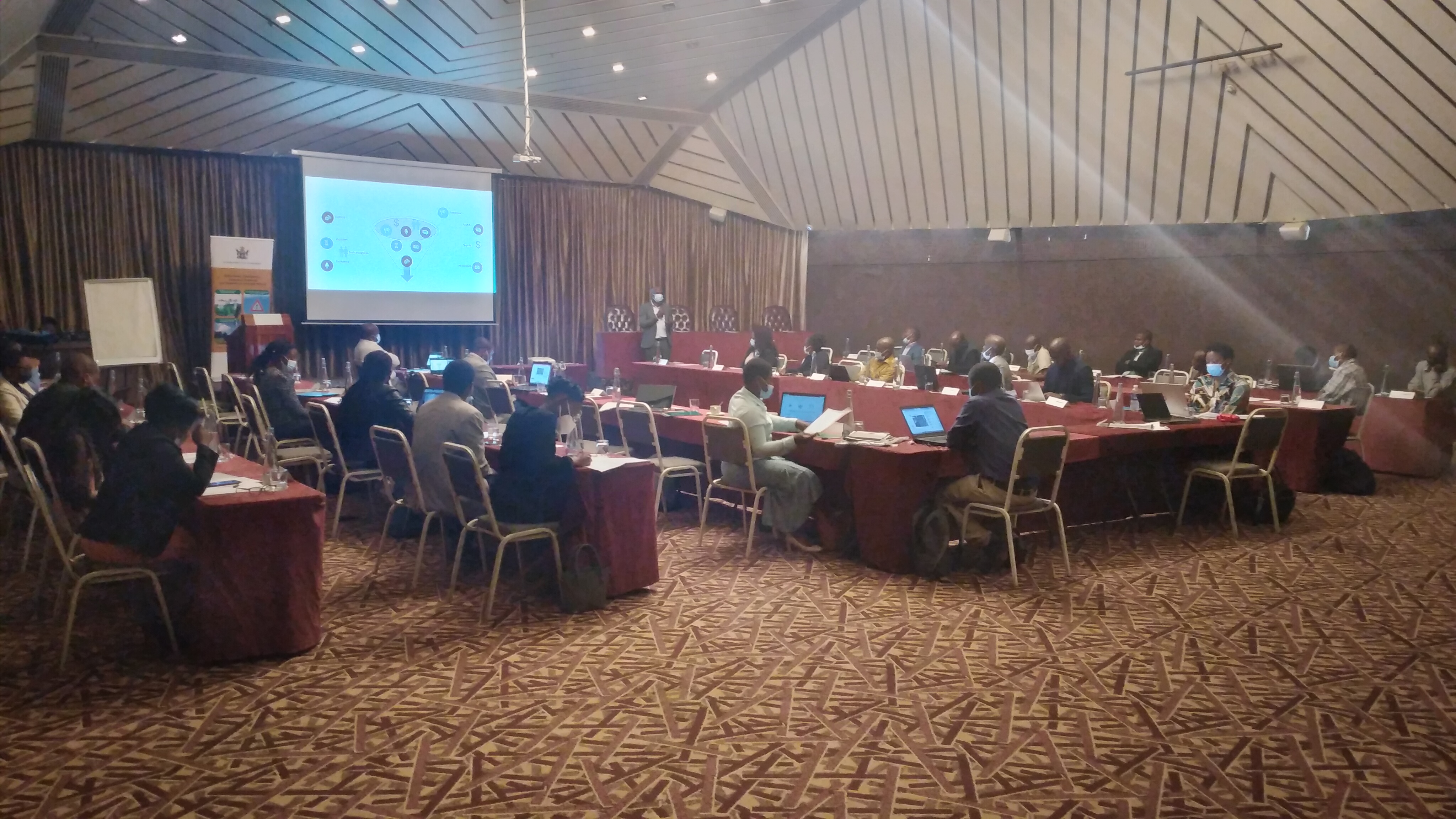In Viet Nam, UNEP Copenhagen Climate Centre has supported increased transparency in climate action, with a focus on embedding the energy and agricultural sectors into the national measurement, reporting and verification (MRV) system.
Through the Initiative for Climate Action Transparency (ICAT), and along with the The Italian Institute for Environmental Protection and Research (ISPRA), UNEP Copenhagen Climate Centre has assisted in setting out the country’s institutional arrangements for its GHG inventory system and its MRV system, including clarifying roles and responsibilities to enable future development and enhancement of the MRV system at national, provincial and sectoral levels.
Overall, the ICAT project in Viet Nam has been successful, with both implementing partners and country-based consultants highlighting that capacity building activities were well aligned with the country’s needs and priorities.
Based on country needs
Country needs and priorities are at the centre of ICAT’s and UNEP Copenhagen Climate Centre’s work. In Viet Nam it was agreed with the Department of Climate Change that the project would focus on four main activities, where UNEP Copenhagen Climate Centre and ISPRA as implementing partners would assist with technical support and expertise:
- A needs assessment for developing Viet Nam’s MRV and transparency systems in the areas of energy and agriculture.
- An assessment of the impact of selected policies and actions to monitor NDC implementation progress using ICAT methodologies.
- Support to improve data management capacity to better link GHG mitigation and sustainable development impacts for NDC tracking.
- Support for preparatory work to engage in cooperative approaches under Article 6 of the Paris Agreement.
During the scoping phase for the project, UNEP Copenhagen Climate Centre and ISPRA, also worked with country stakeholders to identify other initiatives active in the climate action transparency space.
This helped to ensure ICAT’s support could both complement existing activities and avoid duplication. The mapping identified a clear gap in assistance for capacity building in certain key sectors. This led to the decision to take a deep-dive approach at the sector level, focusing on capacity building in the agriculture and energy sectors.
Applying GACMO and the ICAT toolbox
To assess the mitigation potential in the selected sectors, the Greenhouse Gas Abatement Cost Model (GACMO), a model developed by UNEP Copenhagen Climate Centre, was introduced.
A training workshop provided an overview of current and future transparency requirements and shared information on areas where ICAT methodologies and GACMO calculations could assist in reporting and evidence-based implementation of Vietnam’s NDC.
Access the GACMO model here.
Learning from other countries was presented at the workshop, including experiences of using the GACMO model to assess the estimated mitigation impact of policies and measures at the sector level. Based on Viet Nam’s initial results from the application of the GACMO model twin reports were prepared on the application of GACMO in in the agriculture and energy sectors.
MRV systems needed
A next step for the project was to support a needs and gap assessment for MRV and transparency in the energy and agriculture sectors in Viet Nam. This activity took a high-level view, focusing on the institutional arrangements needed to ensure successful implementation of the ETF of the Paris Agreement.
It concluded that for Viet Nam to sufficiently track NDC implementation, it needed to establish fully functioning MRV systems, develop adequate methodologies and guidelines to track the progress of significant energy and agriculture policies, and put in place sufficient reporting lines.
Through training workshops and two reports on tracking the progress of NDC implementation using ICAT methodologies in the agriculture and energy sectors, UNEP Copenhagen Climate Centre, ISPRA and ICAT provided a step-by-step approach for estimating the effects of policy design and economic factors and other barriers on GHG emissions.
Improving NDC tracking frameworks
Through ICAT, UNEP Copenhagen Climate Centre and ISPRA also supported delivery of a report on Institutional Arrangements for Vietnam’s MRV and Transparency System, focusing on the energy and agriculture sectors. This included recommendations for institutional arrangements for providing and managing data on GHG inventories, as well as a narrative description of which entities are responsible for different categories of data.
Read the final report on the ICAT Viet Nam project here.





